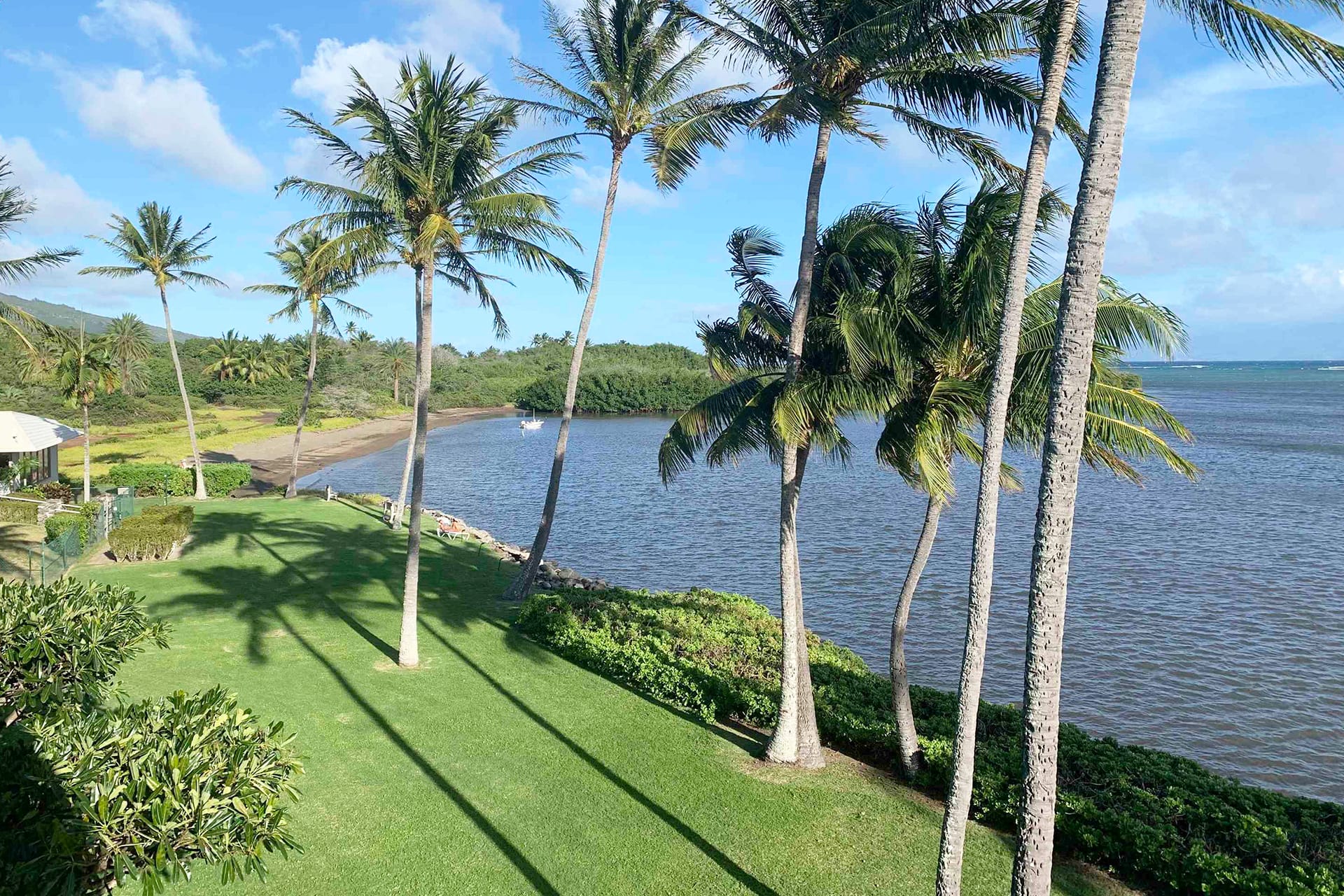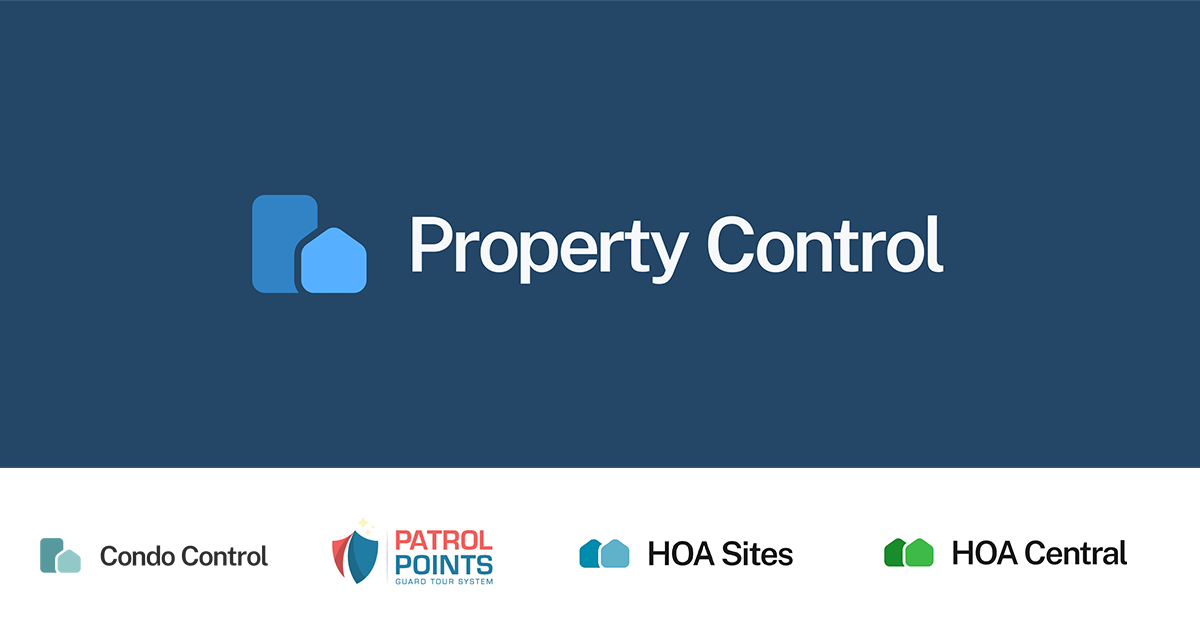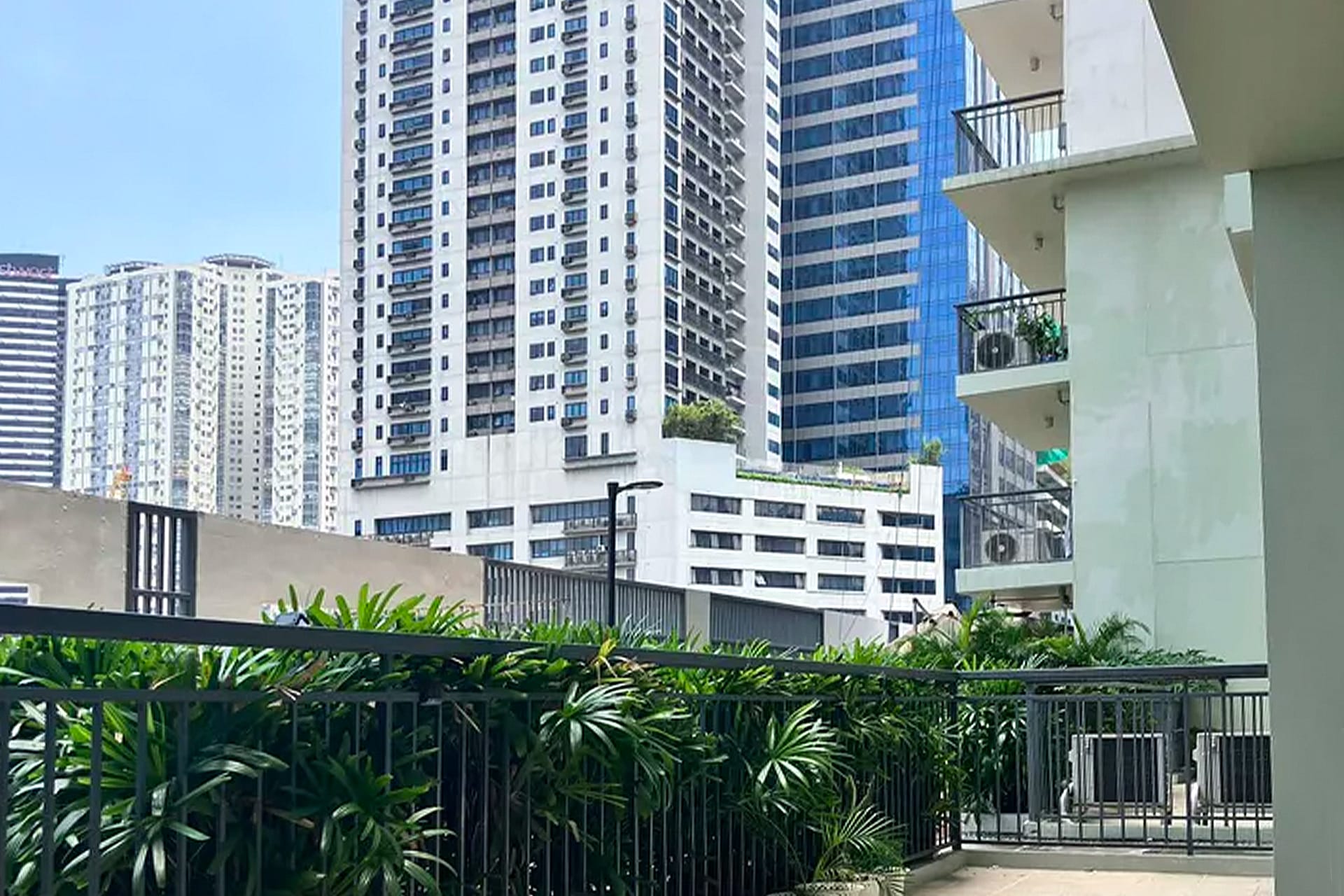Florida has historically been considered an ideal state to purchase a winter home. Not only is it easy to get to, but condominium units were plentiful and very affordable.
However, a recent law is making prospective buyers think twice about buying a condo unit in Florida.
Table of contents
- What is a reserve fund?
- Reserve fund studies
- Ontario reserve fund requirements
- Alberta reserve fund requirements
- British Columbia reserve fund requirements
The law (SB 4-D), which took effect at the end of 2024, requires condominium associations to complete milestone structural inspections and fully fund reserve funds. In the past, condos could vote to waive this funding requirement, and as a result, repair costs have ballooned, especially for some older buildings.
Download our free notice of future funding template (Ontario)
Now, owners may have to come up with several thousands of dollars to fund the reserve and satisfy other requirements. For some, that just isn’t possible. Unfortunately, owners are finding it hard to sell units, even at a loss, because no one wants to buy a place with a $30,000 special assessment attached to it.
Other states also have reserve requirements to ensure funds are available when a critical repair needs to be completed, but some are still silent on the matter.
The good news here is that if you own a condo in Canada, your building is already required to conduct regular reserve studies and have some type of funding plan in place. That means it is far less likely your reserves are critically underfunded.
What is a reserve fund?
A reserve fund is an account that corporations and associations maintain for major repairs and replacements of common elements, components and assets.
The annual contribution will vary significantly depending on the size and age of the building, amenities, inflation, and when the last major repair was completed.
A reserve fund study helps board members determine how much money should be contributed to the reserve fund.
Reserve fund studies
To protect the interests of condo owners and corporations, all Canadian provinces and territories have enacted legislation requiring that corporations complete regular reserve fund studies (also known as depreciation reports in British Columbia).
While there are some exceptions to reserve fund requirements, most condominiums are required to have studies completed by a professional at least once every 5 years.
Reserve fund studies can only provide an estimate of future costs, but, they help ensure the condominium isn’t left completely unprepared to pay for a major expense.
Reserve funds must be held in an account separate from operating funds.
Different provinces have different requirements, but all studies consist of a physical analysis of eligible elements and components, and a financial report.
Some items that are added to the report include the:
- Roof
- Siding
- Parking facilities
- Utilities
- Electrical systems
- Heating and cooling systems
- Plumbing
- Balconies and patios
However, this is just an example. There could be several more common elements in your building that belong in the reserve fund study.
The Financial analysis or report is an assessment of the financial health of the reserve fund. It also serves as a funding plan for at least the next 30 years. Usually, the report must contain information such as:
- Useful years of each element
- How many useful years remain for each element
- The recommended minimum balance for each projected year
- The estimated cost of major repair or replacement of the common elements and assets based on current costs for the year in which the study is conducted
- The estimated cost of major repair or replacement of the common elements and assets at the estimated time of the repair or replacement based on an assumed annual inflation rate
- The recommended amount of contributions to the reserve fund, determined on a cash flow basis, that is required to offset adequately the expected cost in the year of the expected major repair or replacement of each item in the component inventory
- The estimated interest that will be earned on the reserve fund based on an assumed annual interest rate
Below, we will look at some of the specific requirements established for Ontario, Alberta and British Columbia.
Ontario
The Condo Act requires Ontario condo corporations to conduct periodic reserve fund studies to determine whether the amount of money in the fund and contributions collected from owners are adequate.
Who can perform studies?
Some professionals who can conduct a reserve fund study include:
- Members of the Appraisal Institute of Canada holding the designation of Accredited Appraiser Canadian Institute
- People who hold a certificate of practice within the meaning of the Architects Act
- Members of the Ontario Association of Certified Engineering Technicians and Technologists who are registered as certified engineering technologists under the Ontario Association of Certified Engineering Technicians and Technologists Act, 1998
- Members of the Real Estate Institute of Canada holding the designation of certified reserve planner

A person cannot conduct a reserve fund study if:
- They are a director, officer or property manager of the corporation
- They directly or indirectly have an interest in
- a contract or transaction to which a director or officer is a party in a capacity other than as a director or officer of the corporation, or
- a proposed contract or transaction to which a director or officer will be a party in a capacity other than as a director or officer
- A spouse or child of a director or officer, or the child of the spouse of a director or officer
- An owner as defined in the Act in relation to the corporation
- A person who lives on the property managed by the corporation under section 17 of the Act
Types of studies
Ontario is unique because it has 3 different classes of reserve fund studies.
Class 1 – Comprehensive study
A physical examination of the property must be conducted. The professional will review maintenance records and interview directors, employees and agents of the corporation, and deliver a reserve fund projection that spans at least 30 years.
Class 2 – Updated study with a site Inspection
A site inspection is required along with several of the requirements of the comprehensive study.
Class 3 – Updated study without a site inspection
The professional only reviews records and interviews directors, employees and agents of the condo corporation. No site inspection is required.
Frequency
New corporations must have a class 1 study completed within the first year following the registration of the declaration and description.
Class 3 and class 2 studies are done on an alternating basis at least every 3 years.
Funding plans
After a reserve fund study is completed, a condo board must review findings and recommendations within 120 days of receiving them, and propose a plan for future adequate funding.
The plan must ensure that the account is adequately funded by the fiscal year after the study was completed. Ignoring advice and purposefully underfunding the reserve account could lead to liability issues for directors.
Notice of future funding
Ontario has a special document that boards must use to inform owners about future reserve funding.
Boards must send this notice to owners within 15 days of proposing a plan. The documents will provide detailed information including:
- A summary of the reserve fund study
- A summary of the proposed plan for future funding
- A statement indicating the areas, if any, in which the proposed plan for future funding differs from the reserve fund study
The board must also send the corporation’s auditor copies of the reserve fund study, the proposed plan for future funding and the notice that was sent to owners.
When all the information has been sent out, the board must implement the proposed plan 30 days from the date on which they sent the plan to the owners and the auditor.
Click here to view complete details.
Alberta
The Condominium Property Act requires condominium corporations to establish and maintain a reserve fund so that it can pay for major repairs and replacement of property and common property owned by the corporation.
Who can perform studies?
Some professionals who can conduct a reserve fund study include:
- A professional engineer
- A professional technologist
- A certified technologist under the Association of Science
& Engineering Technology Professionals of Alberta (ASET) Regulation who holds a certificate of registration as a certified engineering technologist or applied science technologist - A registered engineering technologist under the ASET Regulation
- A registered architect
A qualified reserve fund study provider can have staff working on the study even if the staff do not meet qualifications under the Condominium Property Regulation.
A person cannot conduct a reserve fund study if:
- The are a director, officer or employee of the corporation
- They are a manager under a management agreement with the corporation
- They are a partner, employer or employee of a director, officer, employee or manager with the corporation
- They are a spouse or common-law partner of a director or officer
If a condominium has 12 units or less, the corporation can carry out the study itself. A special resolution must allow the corporation to conduct the study.
Nonetheless, experts highly recommend that even small corporations hire a qualified reserve fund study provider to complete the study and prepare the report.
Frequency
When a condominium plan is first registered, the corporation has 2 years following the registration to complete a reserve fund study and report.
Reserve fund studies, reports, and plans must be completed every 5 years thereafter.
Funding plans
After a reserve fund study is completed, a condo board must review findings and recommendations, and approve a reserve fund plan detailing how much money is needed to top up and maintain the reserve fund based on the report.
The plan must also set out how the board intends to generate any extra funds to meet the report’s recommendations.
A copy of the reserve fund plan must be delivered to owners before it can be implemented.
Additional information
Funds from the reserve can also be used to pay for:
- a reserve fund study and reserve fund report
- any other report prepared by an expert about the corporation’s real and personal property, common property and managed property
- any other purpose in the Condominium Property Regulation
Click here to view complete details.
British Columbia
Under the Strata Property Act, every strata corporation and section must have contingency reserve funds (CRFs) to pay for common expenses that usually occur less often than once a year; or which do not usually occur.
Effective November 1, 2023, strata corporations and sections are now required to contribute a minimum of 10% of annual operating funds to their CRFs each year.
Contingency reserve fund expenditures (costs) are usually identified in advance by a depreciation report (similar to the report created after a reserve fund study), and must be approved by owners unless it is for emergency repairs or insurance deductibles that are a common expense.
Who can perform studies?
Starting July 1, 2025, depreciation reports can only be completed by 1 of 6 designated professions:
- Engineers
- Architects
- Applied science technologists
- Accredited appraisers
- Certified reserve planners
- Quantity surveyors
More specifically:
- a professional engineer registered as a member in good standing with the Association of Professional Engineers and Geoscientists of the Province of British Columbia
- a person registered as an architect with the Architectural Institute of British Columbia
- a person registered as an applied science technologist under the Professional Governance Act
- a person designated Accredited Appraiser Canadian Institute by the Appraisal Institute of Canada
- a certified reserve planner accredited by the Real Estate Institute of Canada;
- a person designated as Professional Quantity Surveyor by the Canadian Institute of Quantity Surveyors
Frequency
As of July 1, 2024, all strata corporations with 5 or more strata lots must obtain depreciation reports every 5 years. Strata corporations can’t defer getting a depreciation report by holding an annual 3/4 vote (this was once the case).
Strata corporations without depreciation reports, or depreciation reports received prior to December 31, 2020, have been given a grace period to obtain depreciation reports from a qualified professional:
Metro Vancouver (other than an island within Metro Vancouver only accessible by boat or air, such as Bowen Island), the Fraser Valley, and the Capital Regional District (other than an island within the CRD only accessible by boat or air, such as the Southern Gulf Islands) have until July 1, 2026, to complete a report.
Other areas, including the Southern Gulf Islands and Bowen Island, have until July 1, 2027.
New strata corporations established on or after July 1, 2024, but before July 1, 2027, must get a depreciation report within 2 years of the strata corporation’s first annual general meeting, and every 5 years thereafter.
After July 1, 2027, owner developers will be required to provide some funding towards the first depreciation report for new strata corporations with 5 or more lots. A minimum of $5,000, plus $200 per strata lot, must be paid, up to a maximum of $30,000. Furthermore, corporations established after July 1, 2027, will need to have a depreciation report completed within 18 months of the first annual general meeting.
Funding plans
Strata corporations and sections are legally required to contribute a minimum of 10% of annual operating funds to the CRF each year. Most strata corporations are already contributing more than the legal minimum.
Furthermore, effective November 1, 2023, the owner developer of a new strata must contribute more to the contingency reserve fund. They must pay the lesser of:
(a) 10% of the estimated operating expenses, multiplied by the number of years since the strata plan was deposited
or
(b) 50% of the estimated operating expenses
These amounts were increased from 5% and 25% respectively.
Additional information
The CRF can also be used to pay for the depreciation report and the electrical planning report.
Other funds may also be added to the CRF including surplus funds from the previous year’s operating fund, surplus funds from a special levy (as long as the surplus funds owing to each strata lot is $100 or less), or sale of assets.
The financial forecasting section of the report must include at least 3 cash-flow funding models for the contingency reserve fund over 30 years. The models are provided in the report for consideration by the strata corporation, but they do not have to be adopted.
Click here to view complete details.
Conclusion
Reserve study requirements are effective in all Canadian provinces and territories. While they can’t perfectly predict when a major component will break down or how much the repair will cost, reserve studies ensure corporations aren’t totally unprepared for expensive projects or replacements.
More importantly, they make it easier for condominium communities to maintain a safe and healthy living environment.
























